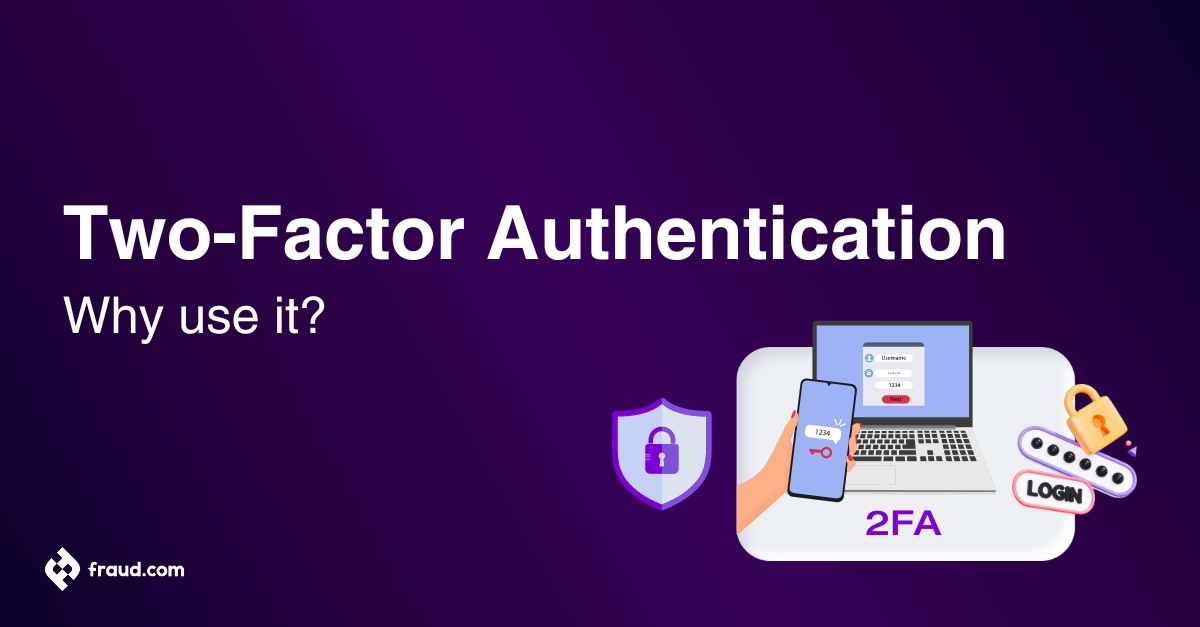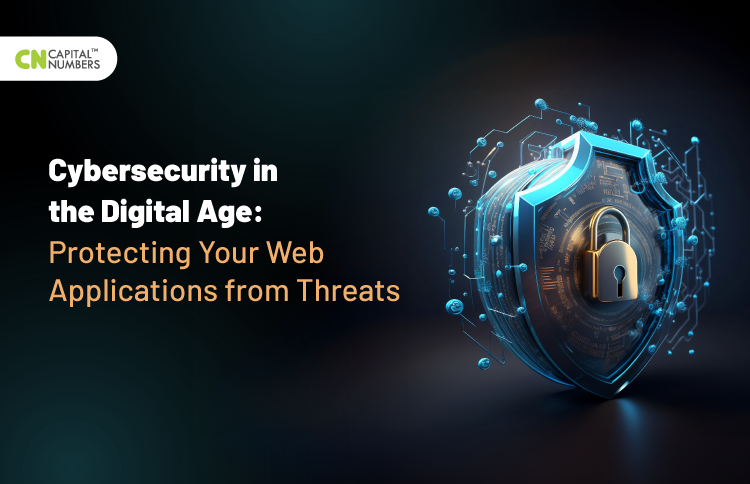In our hyper-connected world, safeguarding your personal data has never been more crucial. With the rise of technology comes an array of lurking threats—none more insidious than spyware. Imagine a silent observer watching your every move online, capturing sensitive information and leaving you vulnerable. This isn’t just a plot from a spy thriller; it’s the reality many face today.
Spyware can invade your devices without warning, compromising everything from banking details to private conversations. But don’t worry! There are effective strategies to prevent these unwanted intruders from wreaking havoc on your digital life. So let’s dive into understanding how spyware operates and discover practical ways to keep your personal data safe in this ever-evolving landscape of cyber threats.
Understanding Spyware and its Dangers

Spyware is a type of malicious software designed to secretly monitor and collect user data. Unlike traditional viruses, it operates discreetly in the background, often without your knowledge.
Once installed, spyware can track online activities, capture keystrokes, and even access sensitive files. This silent invasion poses significant risks. Personal information such as passwords and financial details can fall into the wrong hands.
The dangers extend beyond identity theft. Spyware can lead to unauthorized transactions or extensive data breaches for individuals and businesses alike. Malware creators constantly evolve their tactics, making detection increasingly challenging.
Moreover, spyware can degrade device performance by consuming resources necessary for everyday tasks. Protecting yourself from these hidden threats demands vigilance and proactive measures to ensure your digital life remains secure.
Common Ways Spyware is Spread

Spyware often finds its way onto devices through unexpected channels. One common method is bundled software downloads. When users install free programs, they may unknowingly agree to additional software that includes spyware.
Phishing emails also play a significant role in spreading this malicious software. Cybercriminals craft deceptive messages luring recipients into clicking on harmful links or downloading infected attachments.
Public Wi-Fi networks can be another trap. Connecting to unsecured networks allows hackers to intercept data and deploy spyware without detection.
Social engineering tactics are increasingly sophisticated. Users might receive fake alerts claiming that their device is compromised, prompting them to download “protection” tools that contain spyware instead.
Visiting compromised websites can lead to drive-by downloads, where malware installs automatically just by visiting the site. Awareness of these methods is crucial for anyone looking to safeguard their personal data from potential threats.
Signs that Your Device is Infected with Spyware

Detecting spyware on your device can be tricky. However, several signs may indicate its presence.
If your device starts to slow down significantly, it’s a red flag. Spyware often consumes valuable system resources, causing lag and sluggish performance.
Unexpected pop-ups are another warning sign. If you notice an increase in ads or alerts—even when you’re not browsing—spyware could be lurking.
Check for unusual battery drainage too. Spyware runs in the background and can deplete your battery faster than normal usage would suggest.
If applications start behaving strangely or crash frequently without reason, it’s worth investigating further. These anomalies might signal that something sinister is at play behind the scenes.
Staying alert to these symptoms is crucial for maintaining your digital safety and integrity.
Tips for Preventing Spyware Attacks

To effectively prevent spyware attacks, start by installing reputable antivirus software. Regular scans can catch threats before they escalate.
Be cautious about downloading files or clicking links from unknown sources. This is a common entry point for harmful software.
Ensure your operating system and applications are up-to-date. Software updates often include security patches that protect against vulnerabilities.
Use strong, unique passwords for different accounts. Consider employing a password manager to keep track of them securely.
Enable firewall protection on your devices. A robust firewall acts as a barrier between your device and potential threats from the internet.
Educate yourself about phishing scams and suspicious emails. Recognizing these tactics empowers you to avoid falling victim to them easily.
Limit personal information shared online. The less data available publicly, the harder it becomes for attackers to target you specifically.
Keeping Your Personal Data Safe
Your personal data is valuable. It’s crucial to protect it from prying eyes and unwanted access. Start by using strong, unique passwords for each of your accounts. Consider a password manager to keep track of them all.
Enable two-factor authentication wherever possible. This adds an extra layer of security that makes it harder for hackers to gain access.
Be mindful about the information you share online, especially on social media platforms. Adjust privacy settings to limit who can see your details.
Regularly monitor your financial statements and online accounts for any suspicious activity. If something seems off, act quickly.
Be cautious with public Wi-Fi networks; they can expose you to risks. Use a Virtual Private Network (VPN) when connecting in these environments to encrypt your data transmission and keep it secure.
The Importance of Regularly Updating Your Devices and Software
Regularly updating your devices and software is a crucial step in the fight against spyware. Developers frequently release updates to patch vulnerabilities that hackers may exploit. Ignoring these updates can leave your systems exposed.
New versions of software often include enhanced security features designed to counter emerging threats. By keeping everything current, you bolster your defenses against potential spyware attacks.
Updates also fix bugs and improve overall performance, ensuring that your device runs smoothly. This can enhance user experience while providing better protection for personal data.
Establishing a routine for checking updates helps create a proactive approach to cybersecurity. Many devices allow automatic updates, which makes this task easier and more efficient.
Don’t underestimate the power of staying updated—it’s one of the simplest ways to secure your digital life from lurking dangers like spyware.
Conclusion: Staying Vigilant and Protecting Yourself from Spyware
Staying vigilant is crucial when it comes to protecting yourself from spyware. The threats are ever-evolving, and as technology advances, so do the tactics used by cybercriminals. Being proactive about your online security can make a significant difference in keeping your personal data safe.
Regularly updating your software ensures you have the latest security patches. Using reputable antivirus programs provides an added layer of protection against spyware threats. Always be cautious when downloading files or clicking on links, especially from unknown sources.
It’s also wise to educate yourself about the different types of spyware and their methods of infiltration. Awareness is one of your best defenses; knowing what to look out for can help you avoid falling victim to these malicious attacks.
Implementing strong passwords and enabling two-factor authentication wherever possible adds extra layers of security that are often overlooked. Remember that even small changes in how you use devices and browse online can lead to greater safety for your sensitive information.
By maintaining healthy digital habits and staying informed, you’ll significantly reduce the risk of spyware infecting your devices, thereby safeguarding your personal data effectively. Embrace a more secure online experience today—your future self will thank you!





